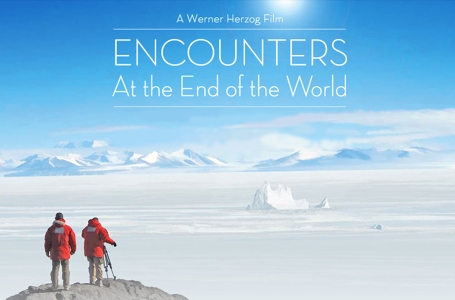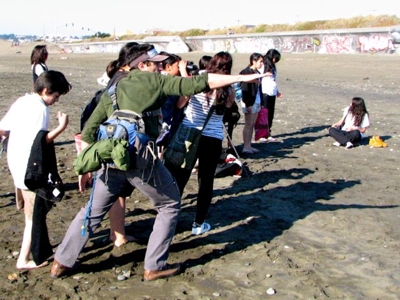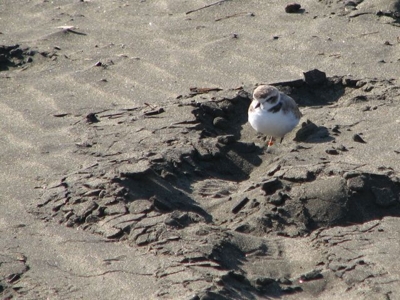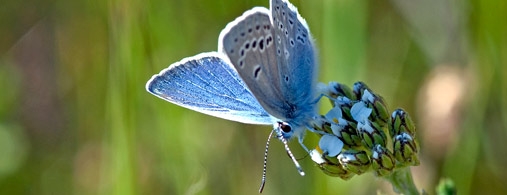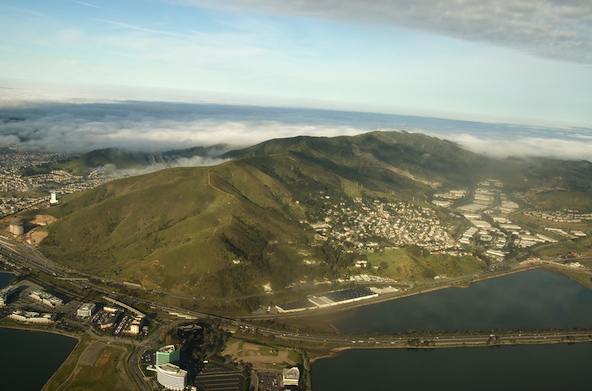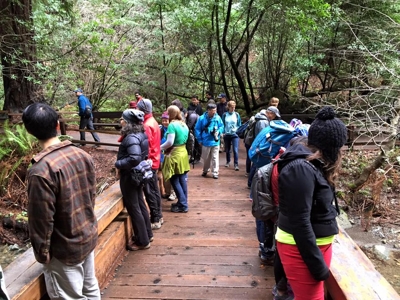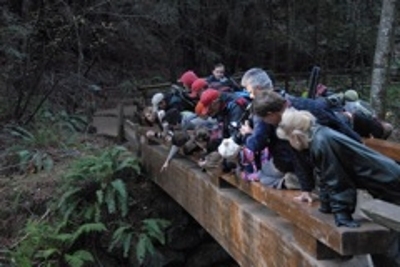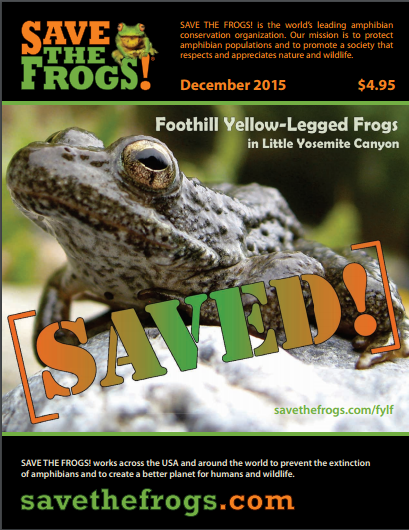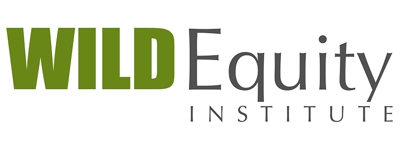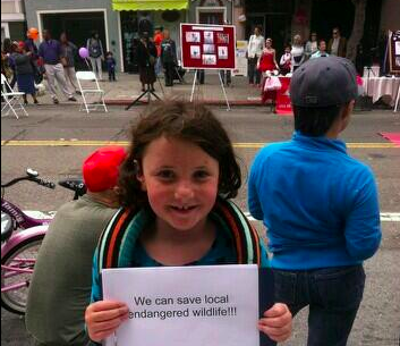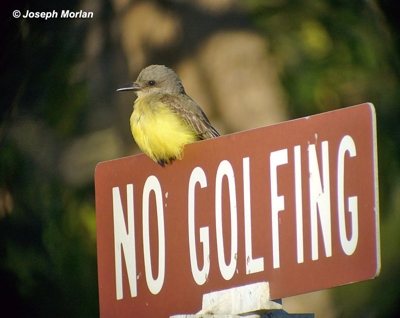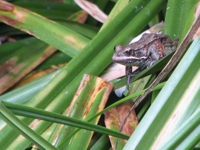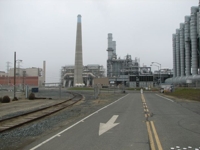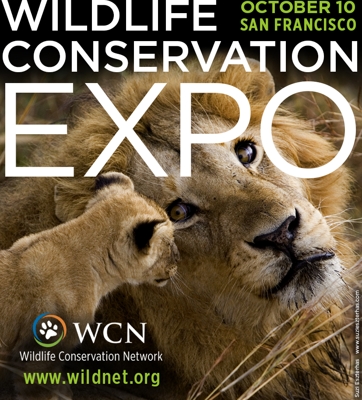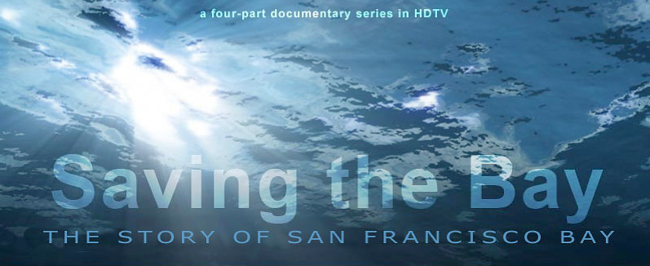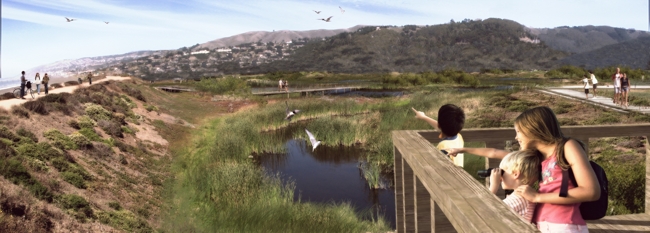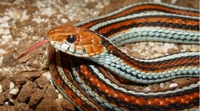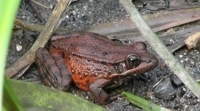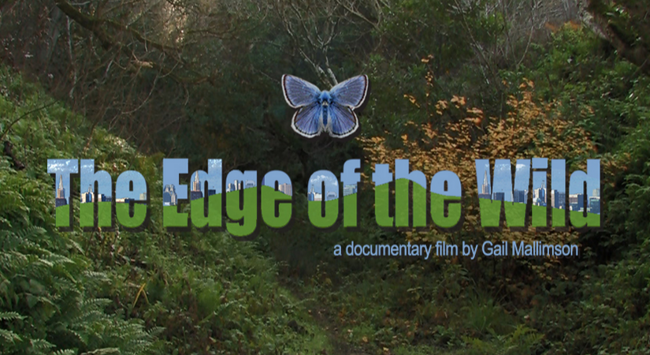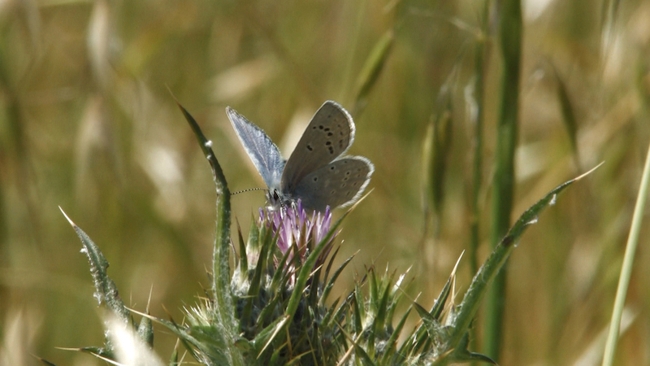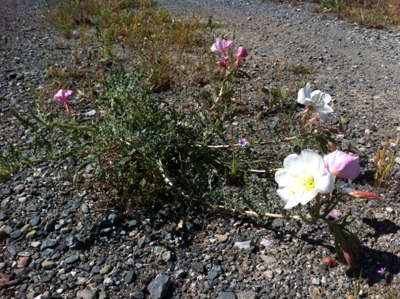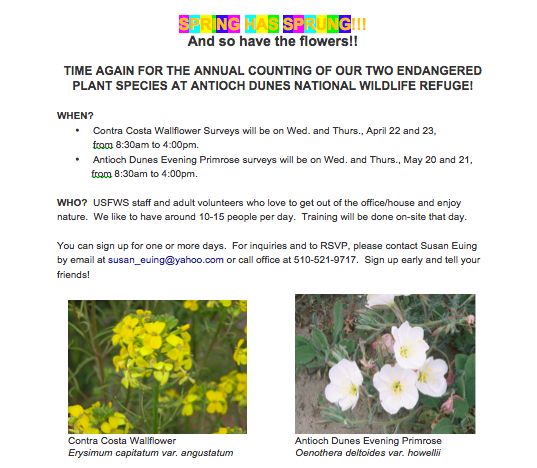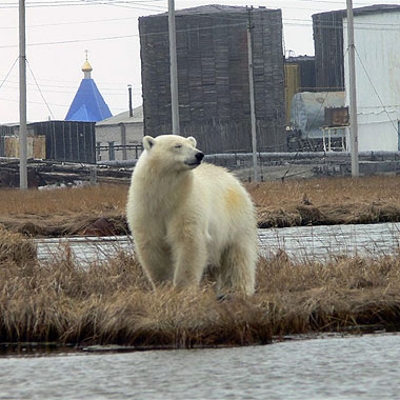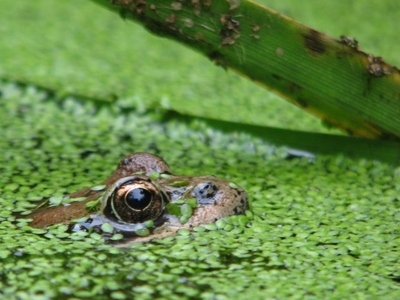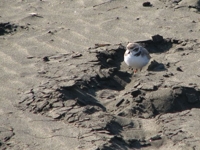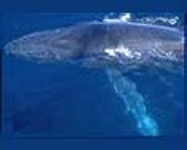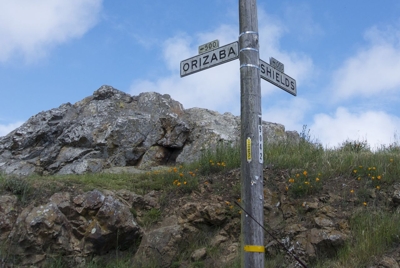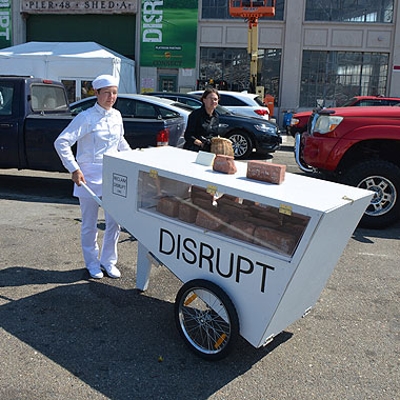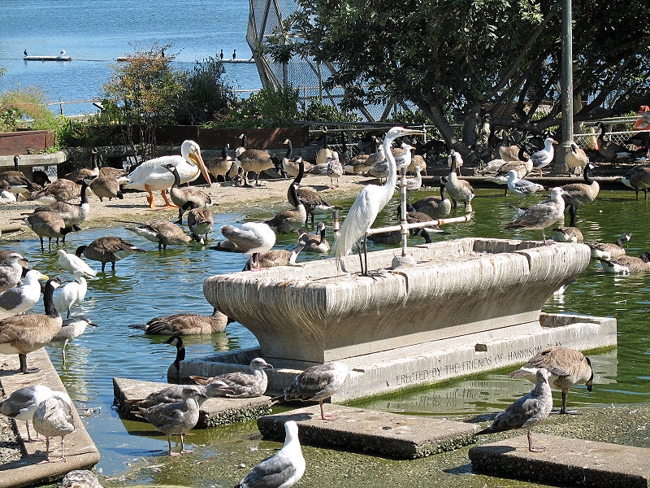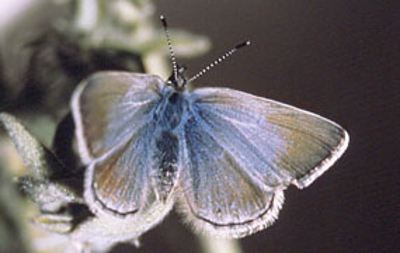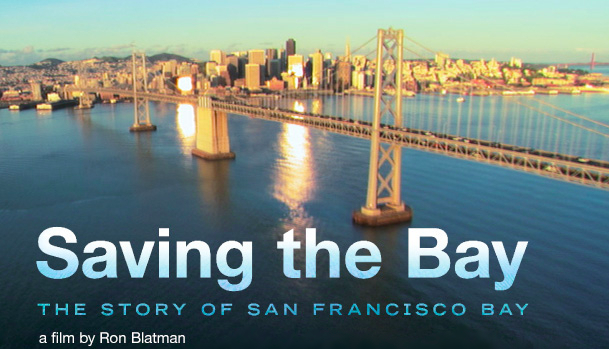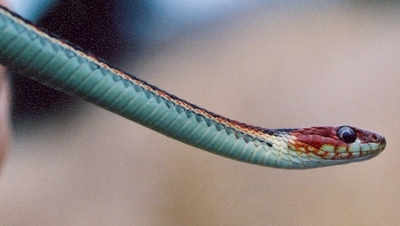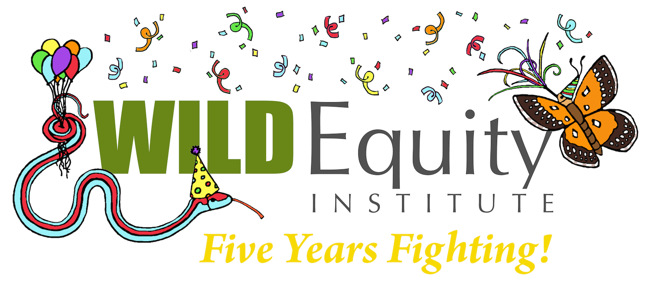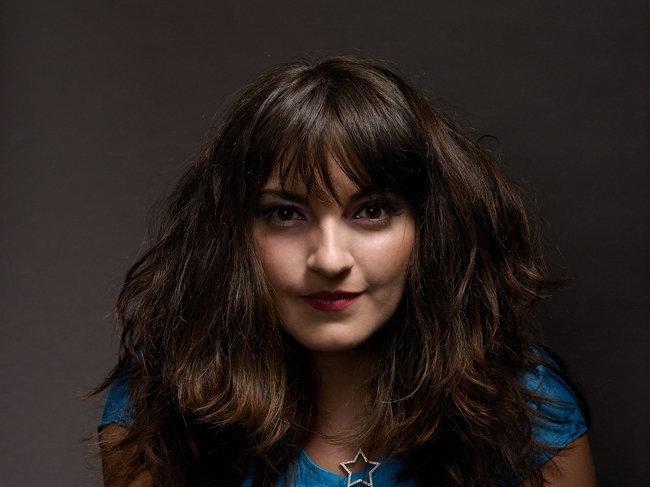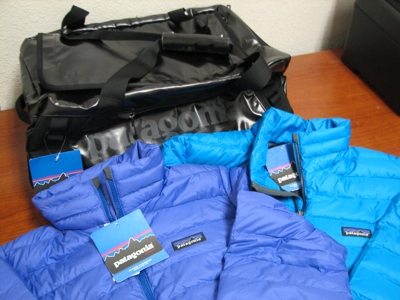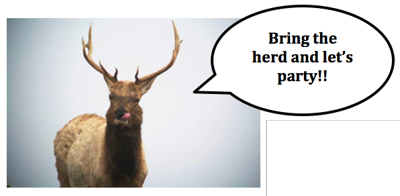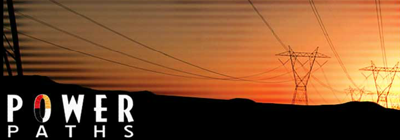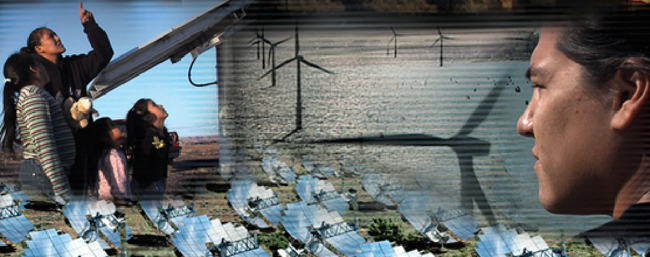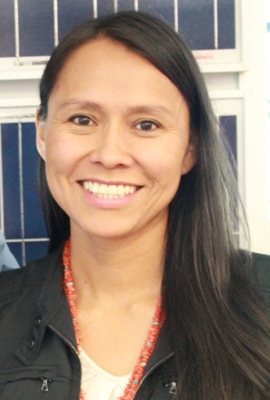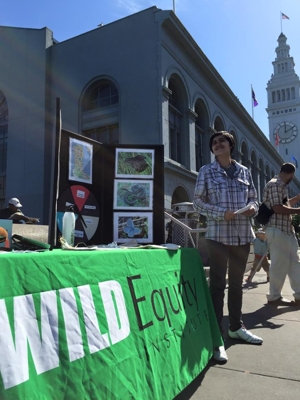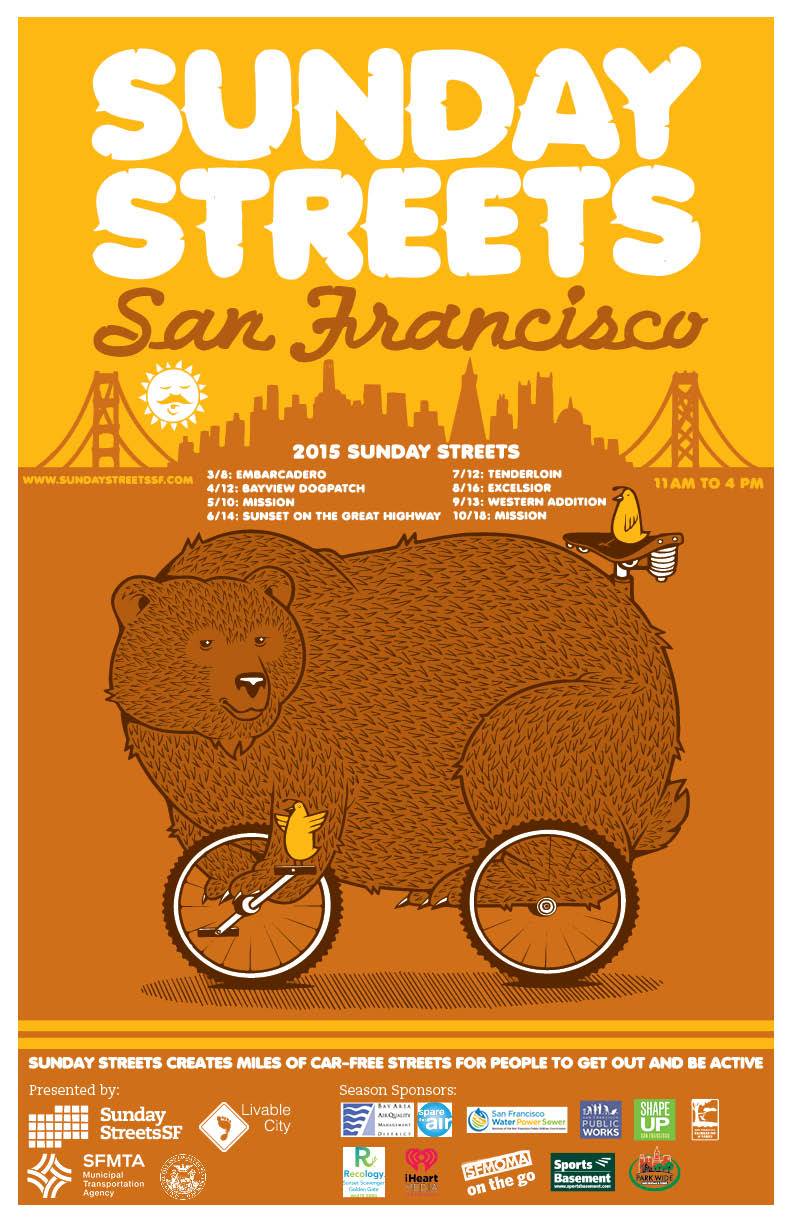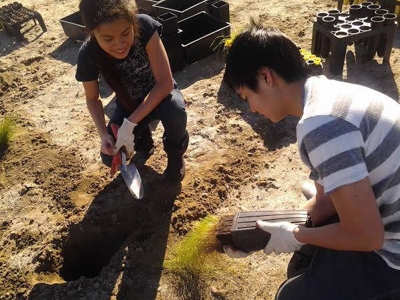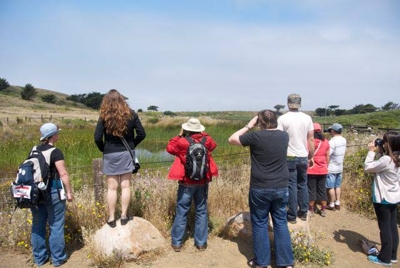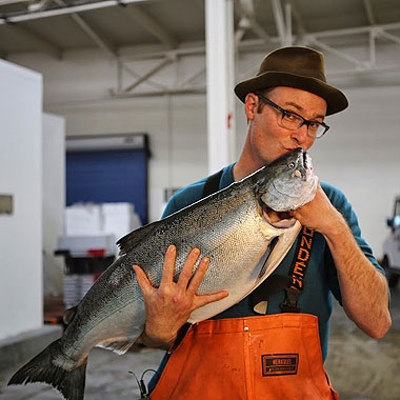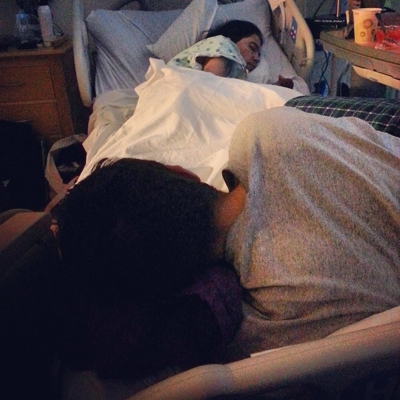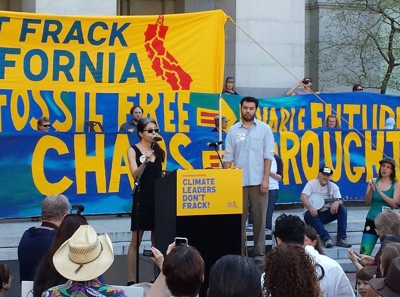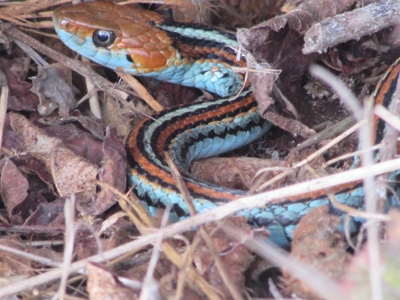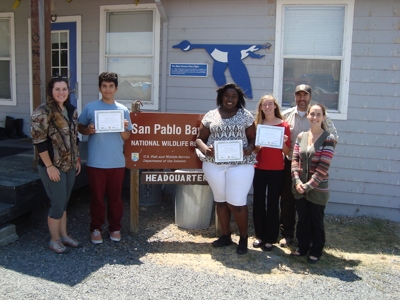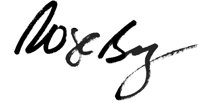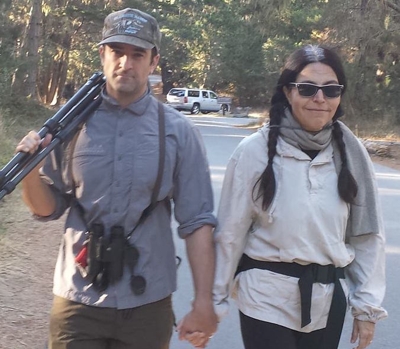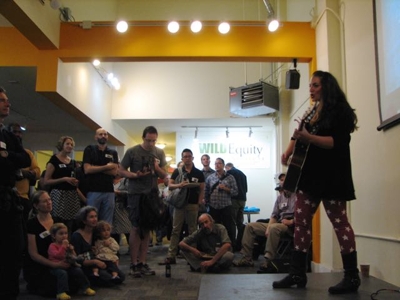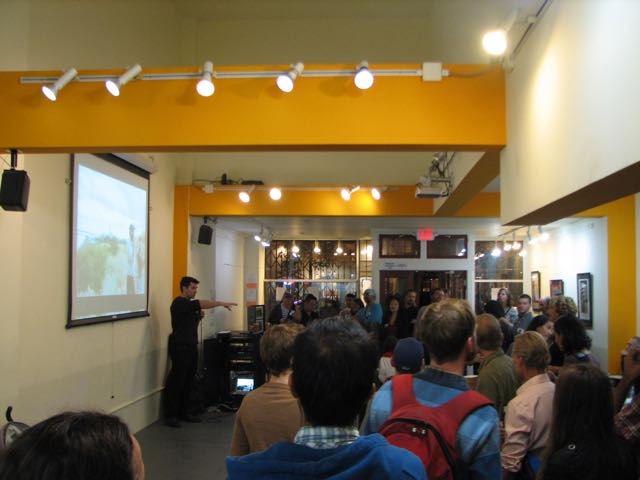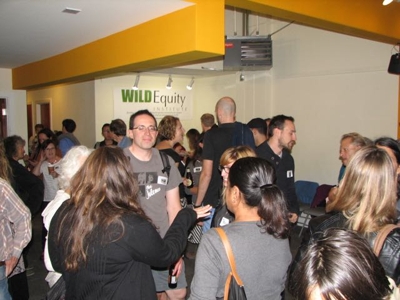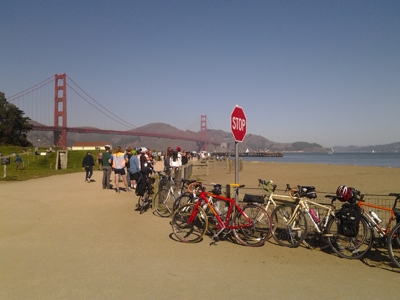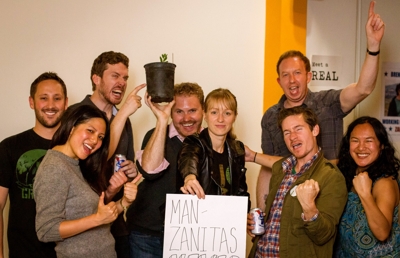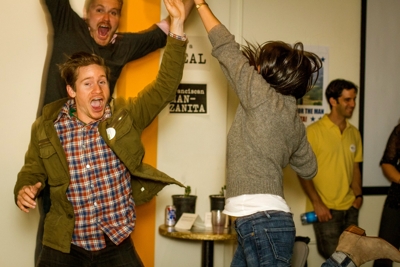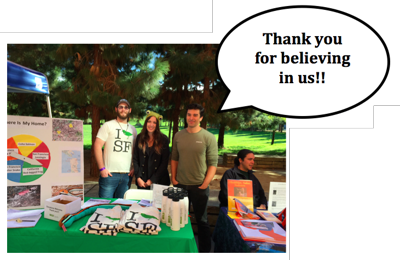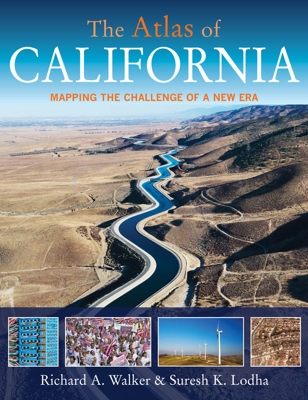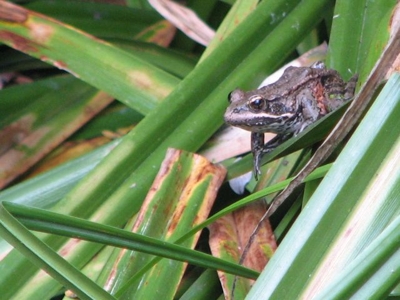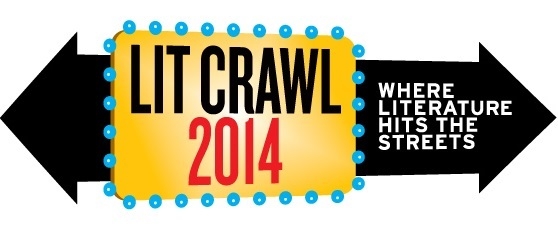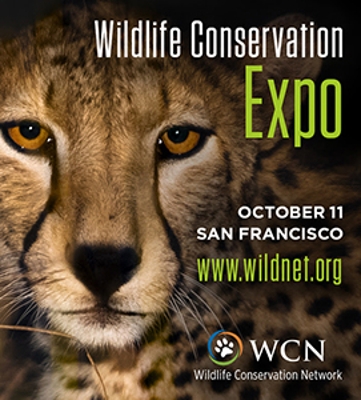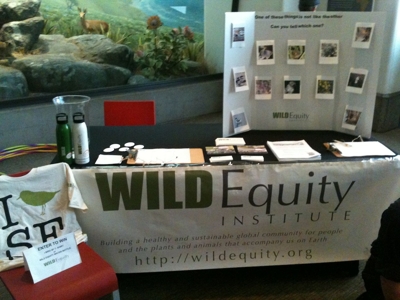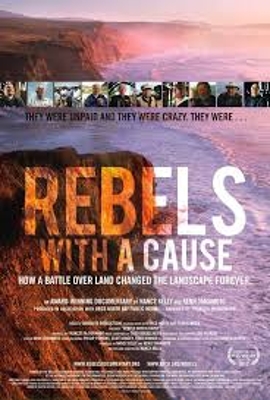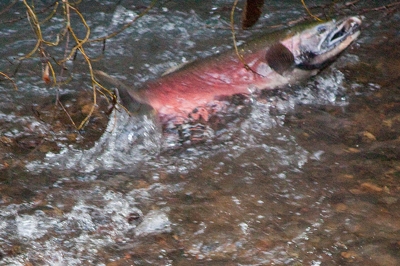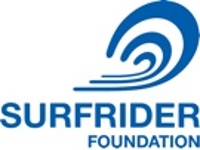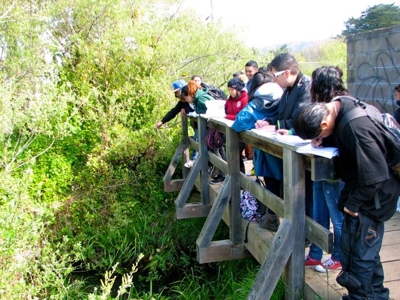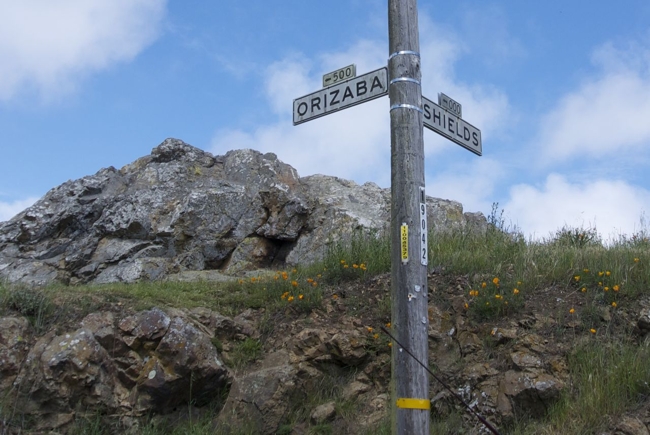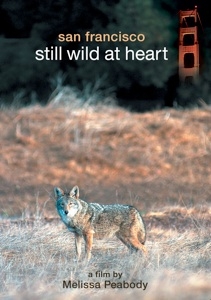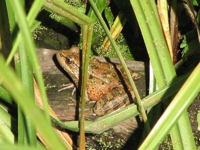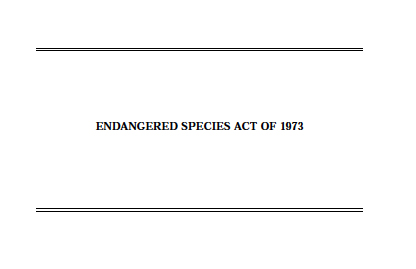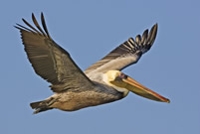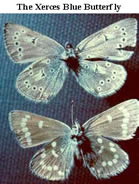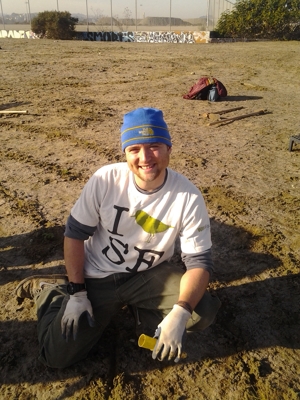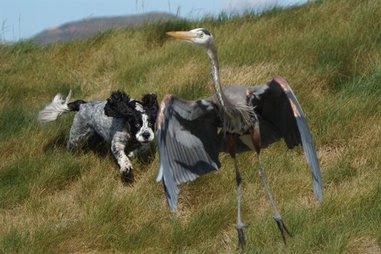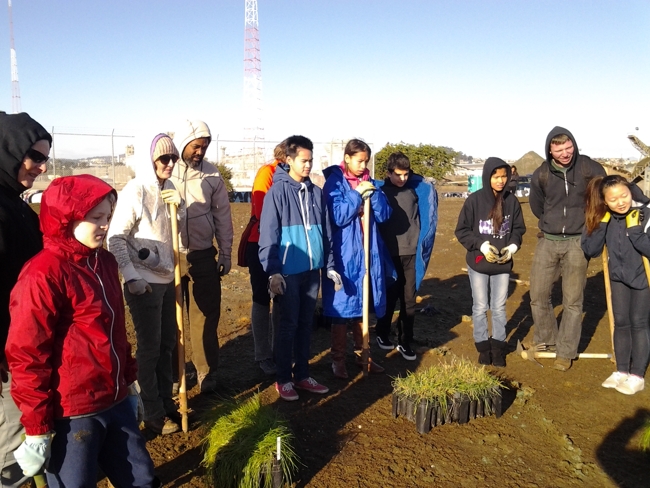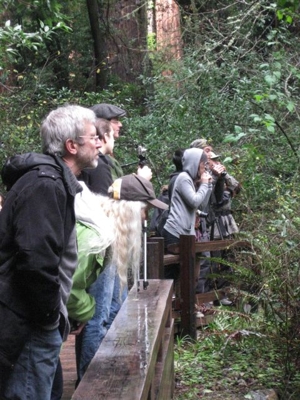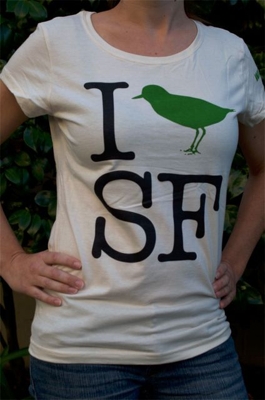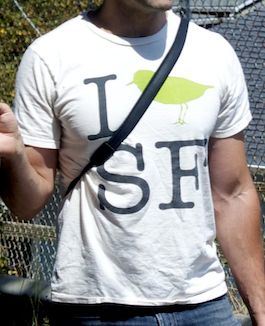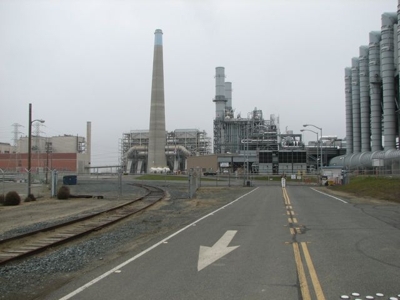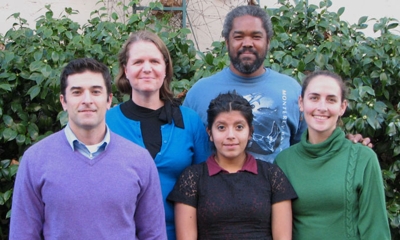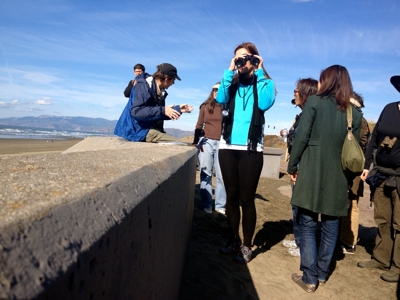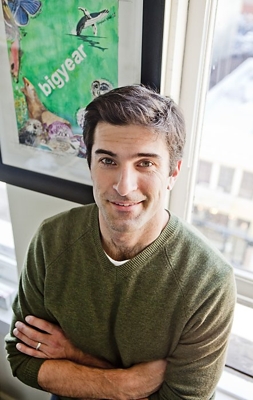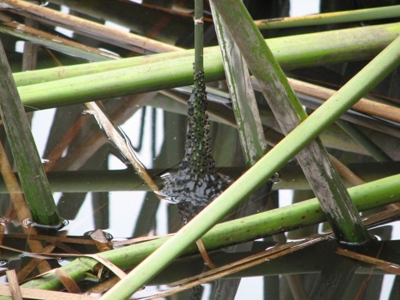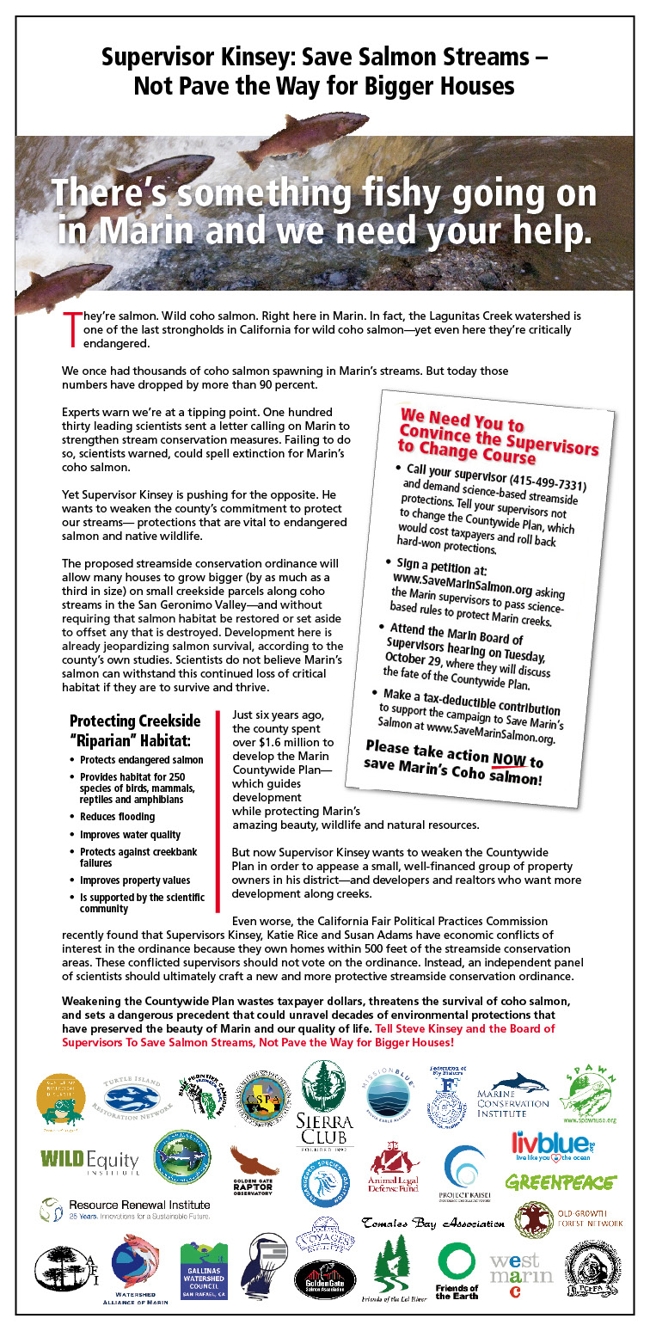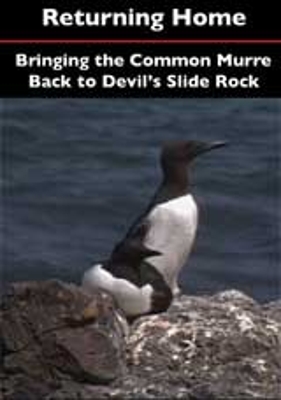
Rose on Kauai, 2015.
Rose Braz, Chairperson and co-founder of Wild Equity, died on May 3, 2017 after a 40-month fight with brain cancer.
We have lost the most beloved person we have ever known. But Rose taught us to be better advocates, nurtured us to become better people. Those lessons live on in us all, so as she told Governor Brown not long ago Rose Braz is not going away:
Please
contribute today so we can advance Rose’s vision for a more just and sustainable world. Read more about Rose’s incredible life below, and thank you for loving Rose!

The incomparable, beloved Rose Braz
Renowned and beloved San Francisco environmental and human liberation activist Rosemarie Braz died after a three-year battle with brain cancer. She was 55.
Rose’s wide circle of friends and colleagues grieve the loss of a woman who gave so generously of herself and embodied a kindness of heart that her community is deeply sad to lose.
Rose grew up in Concord, California with her brother Joe and parents Ray and Rosalie Braz. She liked to joke about her first job at Taco Bell. Initially excited to work at her favorite childhood restaurant, it took all of one day for cranky customers and managers to send Rose racing for the exit door, never to return.

Rose with her family, including brother Joe (top left), mother Rosalie (on Rose’s left), and father Ray (on Rosalie’s left).
She graduated from Carondelet High School in Concord in 1979 and then went on to become the first of her working-class Portuguese-American family to attend college, earning a degree from UC Berkeley in 1983. Rose worked her way through college while also volunteering to counsel draft resisters and smashing patriarchy with the Women’s Liberation Front.

Rose with the UC Berkeley Women’s Liberation Front
After graduating, Rose was hired as a staffer for Speaker of the California Assembly, Willie Brown. She continued her involvement in campus organizing and was a leader of the Campaign against Apartheid, where she developed a reputation as a fiercely dedicated and gifted organizer and a persistent thorn in the side of the UC Regents. She participated in the blockading of a South African cargo ship in San Francisco and in the 1986 Shantytown protest outside the UC Chancellor’s office that led to the university’s total divestment from companies doing business in South Africa.

Rose in the middle of the UC Berkeley Shantytown Protest
In 1987, Rose travelled through Kenya, Uganda, Tanzania, and Zambia and then taught English at the Danhiko Project, a Zimbabwean secondary school and vocational training center serving disabled ex-combatants and refugees from South Africa, Mozambique, and Namibia. There, she also oversaw the creation of the school library and the publication of the school’s first magazine. Her dedication, patience and love are still remembered there and even twenty years later, copies of her magazine, “Progress,” were still on the counter in the library.

Rose with Danhiko Project students and friend Ross Hammond
While traveling in South Africa, Rose refused to ride the apartheid buses and caused a stir at a bus station when she insisted on boarding a “black bus” instead of the “whites only” bus that the driver insisted she take.
Upon returning to California in 1989, Rose enrolled in the UC Berkeley School of Law. At law school, she was a leader of a campaign to diversify the school’s largely white, male faculty. She interned at the East Bay Community Law Center and the United Nations Human Rights Commission in Geneva.
After graduating from law school in 1992, Rose worked for several years as a criminal defense attorney, defending political protestors, among others, and advocating for the release of political prisoners.

Rose & allies visit prisoners at Pelican Bay
Rose co-founded Critical Resistance, the movement that would become the first national organization dedicated to the abolition of the prison industrial complex. Rose was the organization’s first staff – hired in 1999 – and a key leader for 13 years, during which time the organization became a powerful force in fights against prison expansion and criminalization. Thanks to Rose’s vision, which Ruthie Wilson Gilmore characterized as “a restless, impatient, inspired political imagination,” Critical Resistance forged enduring alliances between anti-prison and environmental and social justice organizations including public sector labor unions.

Rose Braz at Critical Resistance protest
In 2003, Rose co-founded the Coalition for Effective Public Safety and Californians United for a Responsible Budget (CURB) to combat the state’s ability to expand its prison system and to redirect resources from imprisonment toward life-affirming programs and services.

Rose and her dog, Charlotte, planning for a safer Oakland
Rose’s persistence, creativity and moral clarity helped the idea of abolishing the prison industrial complex take root across the country. Her unique ability to speak directly to people’s fears, while articulating the optimism of abolition helped move the idea of abolition from the realm of the inconceivable to the imaginable. The fact that so many people self-identify today as abolitionists is in no small part due to Rose’s efforts and vision.
Angela Davis said, “The international abolitionist movement owes a greater debt to Rose Braz than can ever be adequately acknowledged. Rose has always modeled the dedication, compassion, and humility that distinguish our very best social justice leaders. I consider myself one of the many who have been profoundly inspired by her example. Wherever there is struggle, resistance, and dreams of a better future, Rose’s spirit and legacy will be secure.”
In 2008, Rose married
Brent Plater, an environmental attorney who founded the Wild Equity Institute, where she served as Chairperson of the Board of Directors. Rose and Brent took in and loved two rescue dogs, Charlotte and, later, Frosty, famous for their endearingly quirky personalities.

From L-R: brother Joe, uncle Ed, Rose, husband Brent Plater, & father Ray.

Rose with Frosty (L) and Charlotte the Dog (R)
From 2009 until her death, Rose pursued her other great professional passion, environmental protection, as Climate Campaign Director for the Center for Biological Diversity. There, she founded the Center’s grassroots climate organizing program and launched several influential national climate and anti-fracking coalitions.
She ran the Clean Air Cities campaign, which spurred nearly 100 cities to pass resolutions in support of using the Clean Air Act to slash greenhouse pollution. In 2013, she co-founded Californians Against Fracking, a statewide coalition of more than 200 organizations working to ban fracking in California, and helped pass fracking bans in six California counties.
A tireless, fierce and deeply empathetic organizer, Rose coined the phrase “Climate Leaders Don’t Frack” and led the ongoing campaign to compel Gov. Jerry Brown to ban fracking in the Golden State. She worked constantly to build and strengthen ties between climate, environmental and social justice, labor and faith organizations.

Rose Braz in 2014.
“Rose Braz brought people and organizations together better than anyone I have ever known,” said Kassie Siegel, director of the Center for Biological Diversity’s Climate Law Institute. “She believed that when we work together, we will win. Those of us striving to ban fracking, keep fossil fuels in the ground, and solve the climate crisis will be forever guided and inspired by her example.”
Rose will be remembered by the San Francisco Bay Area activist community as a smart, gifted, compassionate and committed organizer who always put the cause ahead of personal ambition and ego and worked tirelessly behind the scenes and in the limelight. For her friends and family, she was a kind, funny, generous, supportive, loving, loyal and beautiful woman who loved hiking, birding, dancing, traveling, animals, chocolate, the Warriors, and the movie Dirty Dancing, which she’s rumored to have watched 20 times.
Rose was the heart and soul of every liberation movement she joined, piercing the armor of the oppressors with her thorns and comforting those in pain with her soft petals. That was our Rose—freedom fighter, friend, sister, daughter, wife. She will be missed greatly and remembered and loved forever.
Rose is survived by her beloved husband, brother and father.
Donations in Rose’s honor can be made to the Rose Braz Memorial Fund at the Wild Equity Institute.


































